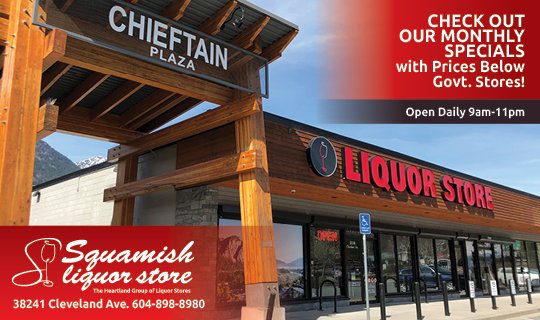The province will officially request a federal exemption from Health Canada to decriminalize personal possession of drugs in the province.

Provincial health officials and Health Canada have been working on an agreement that outlines how a province wide exemption can be applied to the Controlled Drugs and Substances Act, which governs simple drug possession.
Key issues are defining simple possession, determining allowable drug amounts and ensuring the readiness of law enforcement, health and social services to support decriminalization.
Consultation with Indigenous partners, peers, law enforcement, municipalities and public health officials is also being planned, province said.
Decriminalization is one additional tool in BC’s accelerated overdose response plan that also includes harm reduction, prevention, treatment and recovery, while building a system of mental health and substance use care.
Province is also giving more money to secure recently expanded overdose prevention services for people at high risk of overdoses.
A new $45-million investment over the next three years will extend and enhance the funding announced in August 2020 to support those services to save more lives, BC said.
Currently, more than 23,000 people are receiving some form of opioid agonist treatment in B.C. – more than at any other time.

